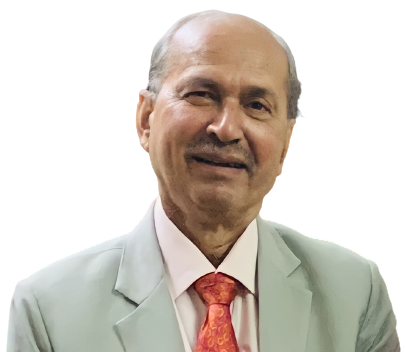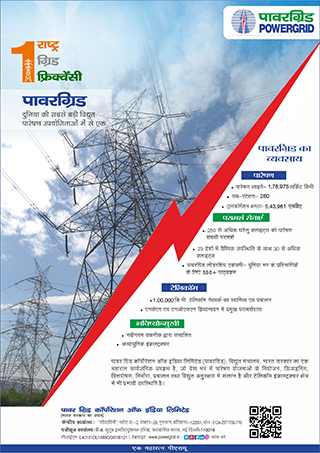whispers in the corridors

The Supreme Court’s recent observation questioning the government’s resistance to offering lethal injection as an alternative to death-by-hanging has triggered intense debate within the SC Bar Council and wider legal circles. At the heart of this debate is a critical reassessment of the ethics, morality, and constitutionality of state-sanctioned executions, with many advocates arguing that the traditional method of hanging is outdated, cruel, and fails to meet the evolving standards of human dignity expected in modern jurisprudence.
Members of the Bar Council have been divided, some passionately supporting lethal injection as a more humane, efficient, and less painful alternative, citing international practices and medical evidence that suggest hanging can result in prolonged suffering and lingering death. Those in favor stress the importance of allowing condemned prisoners the right to choose their method of execution as a question of personal dignity guaranteed under the Constitution, specifically referencing Article 21—the right to life with dignity.
Conversely, senior advocates and conservative voices within the Bar have raised pointed concerns over the potential for botched executions with lethal injection, referencing global controversies where technical failures resulted in severe pain and suffering for the condemned. Some have cautioned that shifting execution protocols must be accompanied by strict procedural safeguards and medical oversight. Others argue that the debate should be expanded to consider the abolition of the death penalty itself, noting that moral and ethical issues cannot be solved merely by changing the method of execution. This division highlights both the evolving sensitivities in India’s judicial conscience and the critical responsibility of the SC Bar Council to lead reasoned, ethical dialogue in shaping the law on this contentious
Send Feedback
- Justice Atul Sreedharan transferred to Allahabad HC (UPDATED)
- RECPDCL hands over SR WR Power Transmission Ltd to Power Grid Corp (UPDATED)
- Cadre of Praveen Kumar transferred to Uttarakhand (UPDATED)
- Ms Amrutha Varshini Palla relieved to join as Deputy Secretary, Economic Affairs (UPDATED)
- Sandeep Ahuja relieved to join as OSD, Commerce & Industry, Elect &IT (UPDATED)
- Devinder Chodha relieved to join as Deputy Secretary, e-Marketplace (UPDATED)
- Up Start 2025 at IIT Kanpur
- Zero Gate Mission: 17,000+ Crossings to Be Removed by 2030
- 2025 Placement Season Sees 15% Rise
- IIT Delhi to Overtake IIT Madras in NIRF Rankings by 2026?
- 20% seat hike across all IITs by 2027?
- 130 new faculty positions created
- ISRO-IIT Madras AI Collaboration
- HAL to Deliver First Two Tejas Mk-1A Fighters by November 2025
- IAF Signs $468 Million Deal for Thales Lightweight Multirole Missiles
- Railway Board Approves ₹9,000 Ad-hoc Bonus for RPF/RPSF Staff
- Tenure of Rajesh Chandra as CVO, Defence Accounts Department
- Tenure of Pankaj Kumar as CVO, CCL extended
- Tripti Patra Ghosh promoted to HAG
- Pankaj Sharma posted as Chief Controller of Accounts, MoEF&CC
- Mahesh Kumar Sharma appointed as Director (Fin), NHPC Ltd
- Manish Pradhan selected as Director (Tech), MRVL
- IFS officer Rajesh Gawande appointed as Secretary of Protocol, Maharashtra
- Next round of talks between MHA & Ladakh representatives after Diwali with new set of bureaucrats?
- IAS Amrit Vikas Topno Empowering Women, Transforming the district of Sakti, Chhattisgarh





























